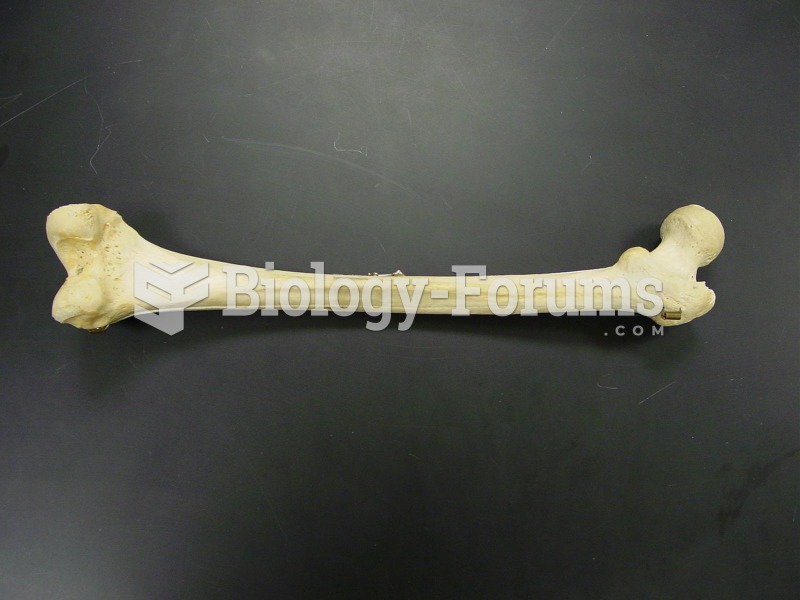Answer to Question 1
The sentence is correct. If aggregate planned expenditure exceeds real GDP, then firms find that their inventories are being decreased more than planned. As a result, firms increase production in order to restore their inventories back to their planned levels. When firms increase their production of goods and services, real GDP increases.
Answer to Question 2
The currency drain ratio decreases the size of the money multiplier. The money multiplier reflects the fact that the banking system has a magnified effect on any change in reserves because the reserves are loaned by many banks. A currency drain decreases the amount of reserves that stay within the banking system.
For example, take the bank that gains 1 million in new deposits and reserves. With the desired reserve ratio equal to 10 percent, start by assuming there is no currency drain. In this case, the desired reserve ratio of 10 percent means that the bank keeps 100,000 as reserves and so it will loan 900,000. The entire 900,000 will be deposited in a second bank. The entire 900,000 deposit adds to the initial 1 million deposit to create 1.9 million of new money. That bank will then keep 90,000 as reserves and loan 810,000. In this stage, the entire 810,000 will be deposited in a third bank and so the total new money (so far) created will become 2.71 million. Now, suppose that there is a currency drain, say the currency drain ratio is 50 percent. In this case, of the 900,000 first loan, only 600,000 is deposited in the second bank because 300,000 (50 percent of the 600,000 of deposits) is kept outside the banks as currency. Hence the second bank, which keeps 60,000 as reserves, can loan only 540,000. And of this loan and ensuing deposit, 50 percent or 180,000 is kept as currency and only 360,000 is left deposited in the third bank. Therefore the amount that each bank can loan is reduced and so the ultimate effect on the quantity of money is decreased.







